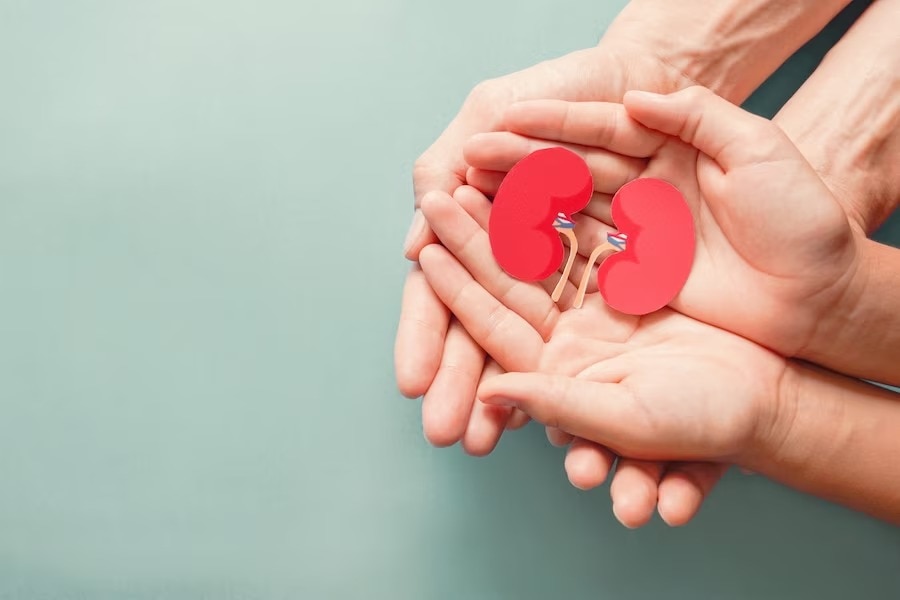Over time, untreated hypertension can lead to various complications. Here are 6 causes you must know, with kidney damage being one of them
DOCTOR VERIFIED
High blood pressure, or hypertension, is one of the known risk factors for cardiovascular issues, but its impact on the kidneys is often underestimated. Your kidneys and circulatory system depend on each other for good health. The kidneys help filter wastes and extra fluids from blood, using a lot of blood vessels. Over time untreated hypertension can lead to various complications, including damage to the kidney. Dr Puneet Bhuwania, Consultant Nephrologist & Kidney Transplant Physician discussed 6 unusual ways in which high blood pressure can affect the kidneys.
High Blood Pressure & Kidney Disease
- Microvascular Damage: The high blood pressure effect extends to small blood vessels in the kidneys. Capillaries responsible for filtering waste from the blood can get damaged, and the functioning of the kidney gets compromised, reducing the blood flow, and accelerating kidney disease progression.
- Reduced Filtration Capacity: Prolonged high blood pressure takes a toll on the kidneys’ filtration process. These vital organs struggle to efficiently filter blood, impacting their ability to maintain electrolytes and fluid balance crucial for the overall function of the body and inviting a variety of kidney issues.
- Kidney Stone Formation: The increased pressure alters the composition of urine leading to the formation of crystals and the development of kidney stones.
- Exacerbation of Proteinuria: Did you know? Proteinuria is characterized by an excess of protein in the urine and becomes a concern for people with high blood pressure. The connection between hypertension and renal health becomes evident as elevated pressure causes proteinuria, serving as a warning sign of potential kidney problems.
- Atherosclerosis Impact: The link between hypertension and atherosclerosis is connected to the kidney. Atherosclerosis means the hardening and narrowing of arteries, which disrupts blood flow to the kidneys and contributes to renal dysfunction.
- Hormonal Imbalance: Hypertension disrupts the production of hormones crucial for kidney function and heart function.
Understanding these less common yet impactful ways in which high blood pressure affects the kidneys underscores the need for proactive management. Regular monitoring, lifestyle adjustments, and taking prescribed medications become essential in avoiding the risks associated with hypertension and preserving kidney health.
–>
